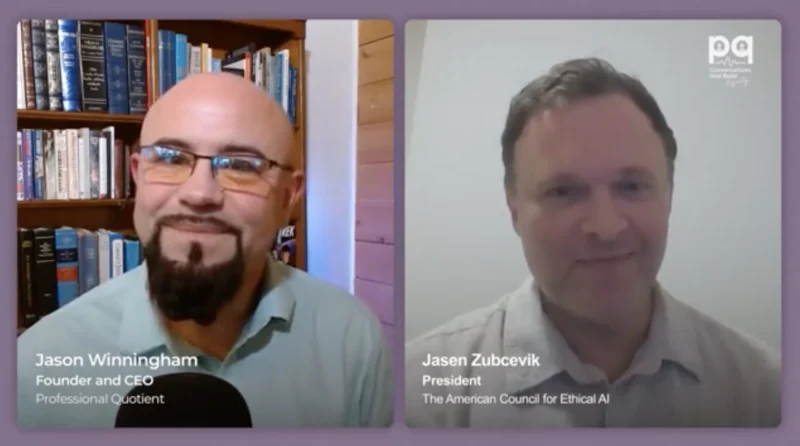Understanding ESG Impacts in Real Estate
In this episode of Weaver: Location Cubed, hosts Howard Altshuler and Aaron Grisz are joined by Ashly Pleasant, director, ESG and sustainability services, at Weaver. They explore the significance of Environmental, Social and Governance (ESG) in the real estate sector, discussing its impact on investment decisions and the importance of sustainability.
Key Points:
- Start measuring GHG emissions for better management
- Understand the importance of ESG reporting for transparency
- Leverage ESG for economic incentives and market competitiveness
The episode emphasizes the critical role of ESG in real estate, highlighting the need to measure greenhouse gas emissions (GHG) and the importance of ESG reporting for transparency with stakeholders and investors. Ashly stresses the growing relevance of ESG in making investment and future-proofing decisions.
“You can’t manage what you don’t measure,” Ashly explained, emphasizing the necessity of accurate data collection for effective ESG strategy implementation. This approach is crucial for real estate companies to understand their environmental impact and to make informed decisions for sustainable practices.
Subscribe and listen to future episodes of Weaver: Location Cubed on Apple Podcasts or Spotify.
©2024




